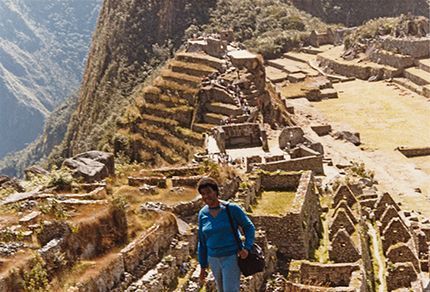What do you think?
Rate this book


220 pages, Paperback
First published May 1, 1989

Holding his hands, I lay down alongside him […] and wedged him against the stone wall […] I stopped his hoarse shouting by looping one sensory arm around his neck, then moving the coil up to cover his mouth. He bit me, but his blunt human teeth couldn’t do any serious harm […] I examined him thoroughly, enjoying the newness of him. By the time I had finished, he had stopped struggling and lay quietly in my arms. I took my sensory arm from his mouth, and he did not shout.Through her unflinching portrayal of the violence committed by both the humans and the Oankali, Butler demonstrates that colonialism creates subjugated peoples who are defined by collective trauma. Just as slaves cannot be described as "mistresses," there can be no agency within the framework of slavery and/or colonialism, because the ultimate violation has already taken place. In Lilith’s Brood, Butler conceptualises colonialism as a very specific type of violence: the rape of an entire culture.
